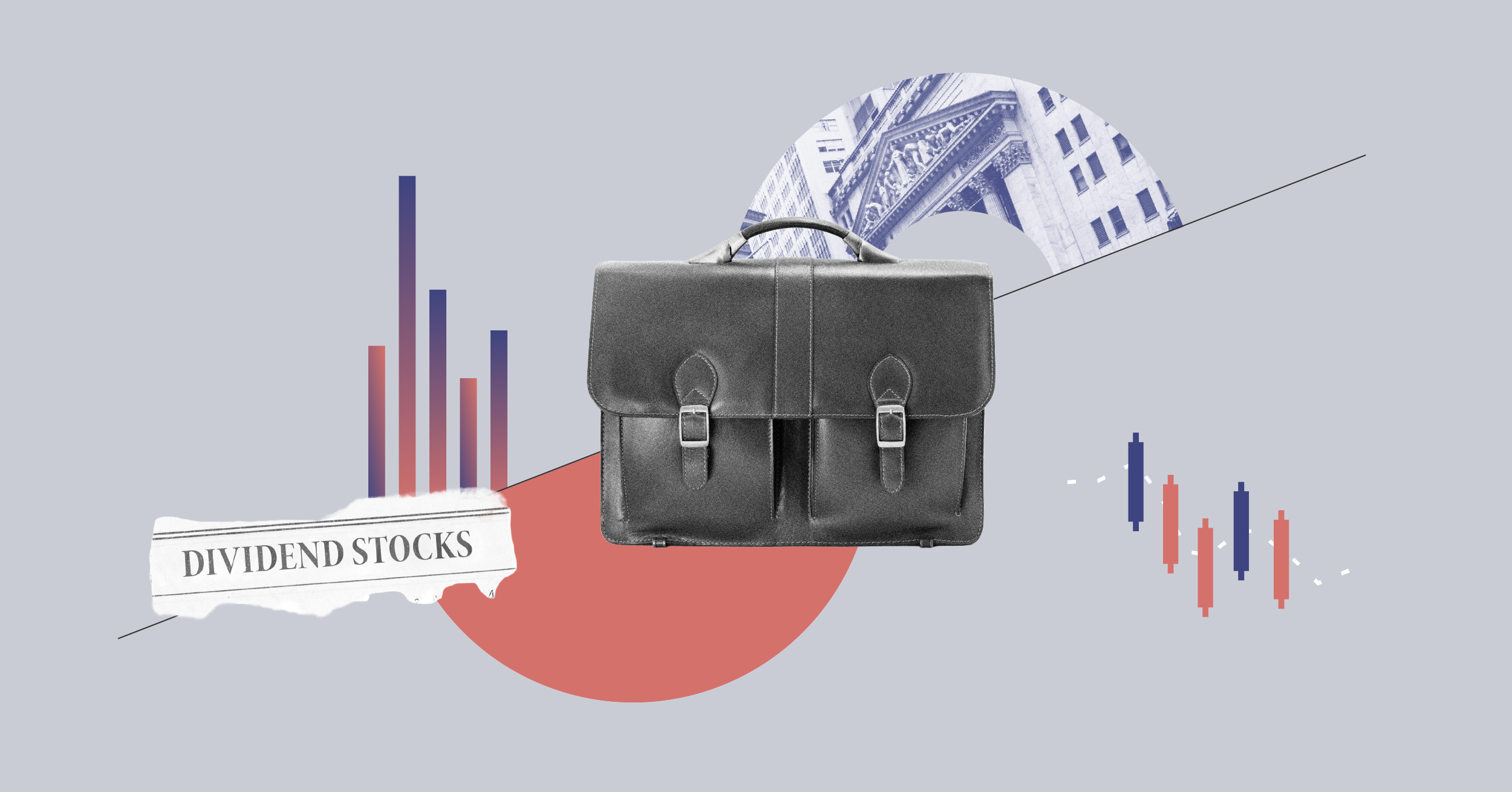
The Morningstar Global Consumer Defensive Index held up comparably well in the fourth quarter of 2018, sliding 7% through December 20 versus a 14% drop for the broader market. Still, consumer defensive shares are off 10% for the year, in line with the overall market amid concerns about the competitive landscape and the ability of firms to offset higher commodity and transportation costs by increasing prices.
We don't believe the consumer defensive sector offers much value in the aggregate, with the median stock we cover trading at a modest 7% discount to our valuation. Nevertheless, we see comparably more buying opportunities in the sector than in most, with 9% of consumer defensive shares trading in five-star territory.
In particular, we think tobacco offers investors meaningful opportunity, with all of our industry coverage trading in four- or five-star territory, as shares have declined over concerns about slowing heated tobacco growth in Japan and a potential ban on menthol in the US.
By contrast, the retail defensive and non-alcoholic beverage industries are trading in line with our valuations or modestly above. We expect a more modest level of cost inflation could temper the degree of margin pressure facing consumer packaged goods operators and facilitate added brand investments.
For example, in the US, transportation cost inflation is likely to moderate considerably. We anticipate truckload, pricing will moderate to a low-single-digit clip in 2019, down from the industry's recent high-single-digit pace. In contrast to other industries, e-commerce sales in CPG are relatively negligible, presently at 6% globally.
The US is a relative laggard here at around 1%, but we forecast that US online consumer product sales will approach the global average over the next few years. In light of this shift, questions have surfaced as to whether retail relationships, an aspect of a CPG manufacturer's intangible asset moat source, will persist online.
But we believe operators positioned to win are working with retail partners to meld online and offline strategies, an essential undertaking, given three fourths of the time when consumers initiate a search, it occurs on retailer websites.
General Mills (GIS)
We think the market’s confidence in wide-moat General Mills’ ability to restore sales growth has faltered, considering continued softness in volume across packaged food as well as scepticism around the acquisition of natural pet food firm Blue Buffalo.
While the deal carries some inherent risk, we remain confident in the firm’s ability to efficiently integrate Blue Buffalo and extract cost synergies, using the same playbook it relied on after the tie-up with Annie’s four years ago. We see about 35% upside to our current valuation, and with a 4%-plus dividend yield, it provides an attractive entry point for long-term investors.
British American Tobacco (BATS)
British American has declined along with the rest of the group this year after a sequence of bad news. First, heated tobacco slowed in Japan, causing investors to rethink the assumption that it would support volume trends over the medium term. Then, the US Food and Drug Administration announced that it would seek to ban menthol in cigarettes.
Having doubled down on the US market, an attractive market in our view, with plenty of headroom for pricing, British American will be hit hardest by such a measure. Nevertheless, a worst-case scenario appears to be priced in to the stock, and we see long-term upside.
Anheuser-Busch InBev (ABI)
Despite battling a number of headwinds, we think AB InBev’s stock offers material upside. Following its dividend cut, management has removed an overhang that concerned investors. We estimate the incremental $4 billion to $5 billion in free cash flow will deleverage the balance sheet to three times net debt/earnings before debt by 2022.
Other headwinds include volatility in Brazil and a slowdown in South Africa. But given favourable underlying emerging-market demographic trends, we believe these issues will prove fleeting. In the US, any slowdown in craft-beer growth could stabilize volumes in mainstream price segments and act as a catalyst for the stock.































